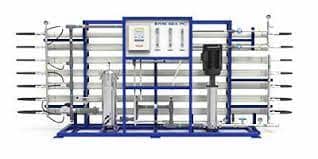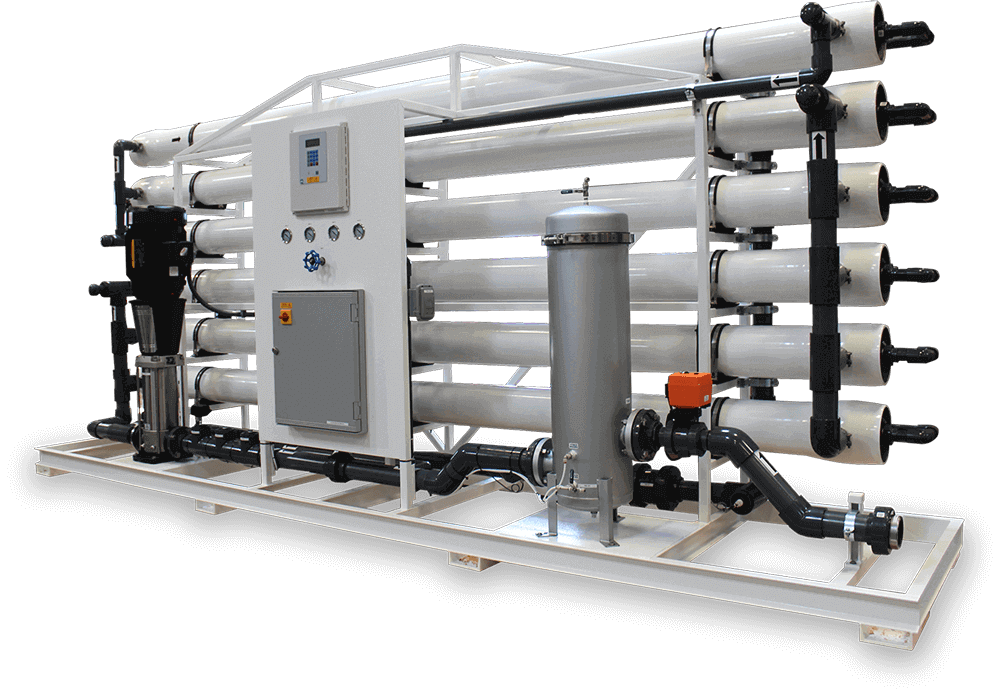Description
Brackish Water Filter
If you’re living in an area with limited access to freshwater sources, you may be facing the challenge of dealing with brackish water. Brackish water is a mixture of saltwater and freshwater, making it unfit for human consumption and agricultural use. Fortunately, technology has provided us with solutions to this problem, such as brackish water filters.
In this article, we’ll provide you with a comprehensive guide on brackish water filters, including how they work, their benefits, types, and maintenance.
What is a Brackish Water Filter?
A brackish water filter is a filtration system designed to remove impurities and salt particles from brackish water. The system utilizes a semi-permeable membrane to separate the water from the impurities and salt particles. Brackish water filters are an effective solution to treat water that contains high levels of salinity, turbidity, and total dissolved solids (TDS).
How Does a Brackish Water Filter Work?
A brackish water filter works by using a semi-permeable membrane that allows water molecules to pass through while blocking impurities and salt particles. The system operates by applying pressure to the water to force it through the membrane. The membrane has tiny pores that can only allow water molecules to pass through, while blocking larger particles such as salt and impurities.
Benefits of a Brackish Water Filter
There are several benefits of using a brackish water filter, including:
Safe Drinking Water
Brackish water filters are effective in removing impurities and salt particles from water, making it safe for human consumption. The filters can eliminate up to 99% of dissolved solids and salts, producing clean, healthy drinking water.
Cost-Effective
Investing in a brackish water filter can save you money in the long run. The filters can significantly reduce the need for expensive bottled water or water delivery services, providing a cost-effective solution for your water needs.
Environmentally Friendly
Using a brackish water filter can reduce your carbon footprint by reducing the need for plastic bottled water. It’s also an excellent solution for areas where water is scarce or limited, making it a sustainable option for your water needs.
Low Maintenance
Brackish water filters require minimal maintenance, making them an excellent solution for busy households and commercial properties. The filters only need periodic cleaning and filter replacement, ensuring a continuous supply of clean water.
Types of Brackish Water Filters
There are various types of brackish water filters, including:
Reverse Osmosis (RO) Systems
Reverse osmosis systems are the most common type of brackish water filters. They use a semi-permeable membrane to remove impurities and salt particles from water. The system operates by applying pressure to the water to force it through the membrane.
Nanofiltration Systems
Nanofiltration systems are similar to reverse osmosis systems but use a smaller pore size membrane. The system can remove larger molecules, such as pesticides and herbicides, while still allowing minerals to pass through.
Ultrafiltration Systems
Ultrafiltration systems use a larger pore size membrane and can remove larger particles, such as bacteria and viruses. They’re an effective solution for water sources with high turbidity levels.
Maintenance of Brackish Water Filters
Brackish water filters require periodic maintenance to ensure their proper operation and longevity. Some maintenance tips include:
Filter Replacement
Filters need to be replaced periodically to ensure optimal filtration. The frequency of replacement depends on the type of filter and the water source’s quality.
Cleaning
The membrane and other filter components need to be cleaned periodically to remove accumulated debris and maintain optimal performance. Cleaning frequency varies depending on usage and water quality.
Sanitization
Sanitizing the system is critical to remove any bacterial or fungal growth that may have accumulated in the system. Sanitization is recommended every six months to ensure optimal operation.
Choosing the Right Brackish Water Filter
Choosing the right brackish water filter for your needs can be challenging. Some factors to consider when selecting a filter include:
Water Quality
The filter’s type and capacity depend on the water source’s quality and quantity. Water with high levels of TDS and salinity may require a more advanced filtration system.
Flow Rate
The flow rate refers to the amount of water the system can filter in a given time. The flow rate depends on the filter’s capacity and the household or commercial property’s water needs.
Maintenance Requirements
The maintenance requirements vary depending on the filter type and quality. Some filters require more frequent maintenance than others.
Conclusion
Brackish water filters are an effective solution to treat brackish water and produce safe, clean drinking water. They’re an environmentally friendly and cost-effective solution for areas with limited freshwater sources. Choosing the right filter depends on your water quality, flow rate, and maintenance requirements. Proper maintenance and filter replacement are critical to ensure optimal operation and longevity.
FAQs
- How often should I replace the filters in my brackish water filter system?
Filter replacement frequency depends on the type of filter and water quality. In general, filters should be replaced every six months to one year.
- Can a brackish water filter remove all contaminants from water?
No, brackish water filters can’t remove all contaminants from water. The filters are designed to remove impurities and salt particles from brackish water but may not remove all bacteria and viruses.
- Can a brackish water filter remove fluoride from water?
Yes, some brackish water filters can remove fluoride from water. Reverse osmosis systems are effective in removing fluoride from water.
- What is the difference between a brackish water filter and a seawater filter?
Brackish water filters are designed to treat water with lower levels of salinity than seawater filters. Seawater filters require a more advanced filtration system due to seawater’s high salt content.
- Can a brackish water filter be used for agricultural purposes?
Yes, brackish water filters can be used for agricultural purposes. They’re an effective solution to treat brackish water and make it suitable for irrigation and livestock consumption.








Aqua Filter –
Aquaafilter is the perfect choice for anyone in need of water filter services. Their team is prompt, professional, and always willing to provide exceptional service.
Aqua Filter –
Aquaafilter is the best in the business when it comes to water filter services. Their team is prompt, professional, and highly skilled.